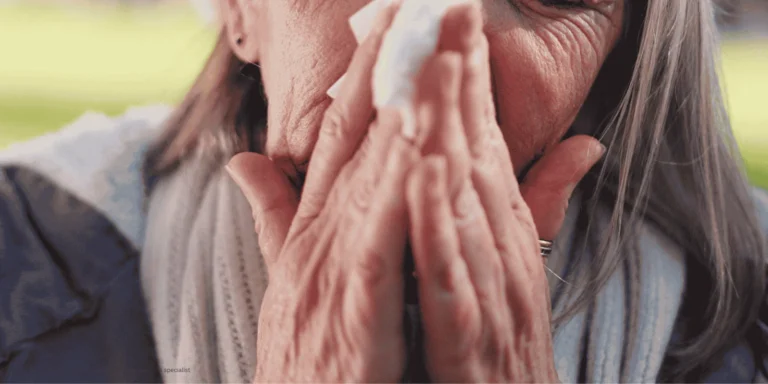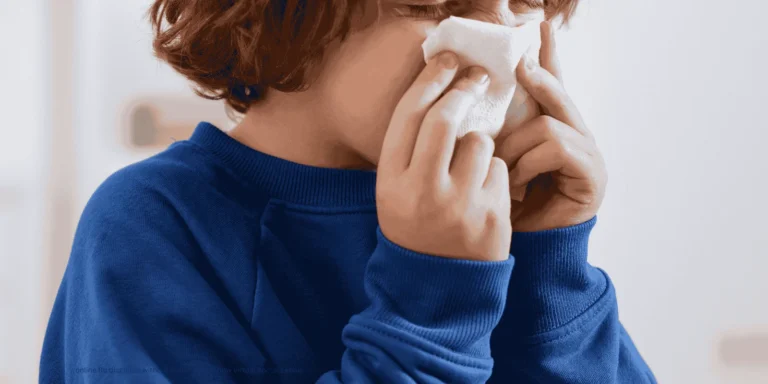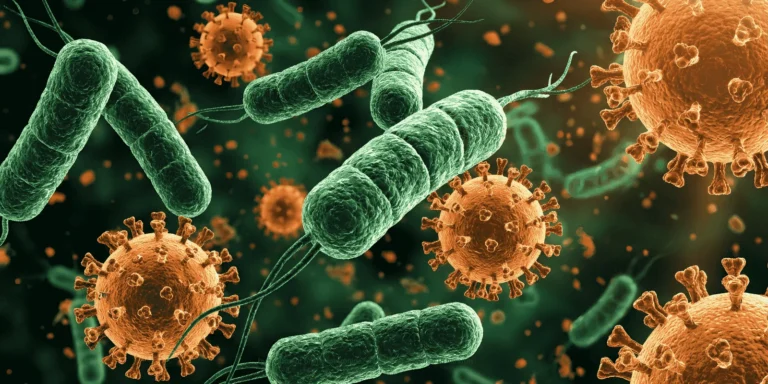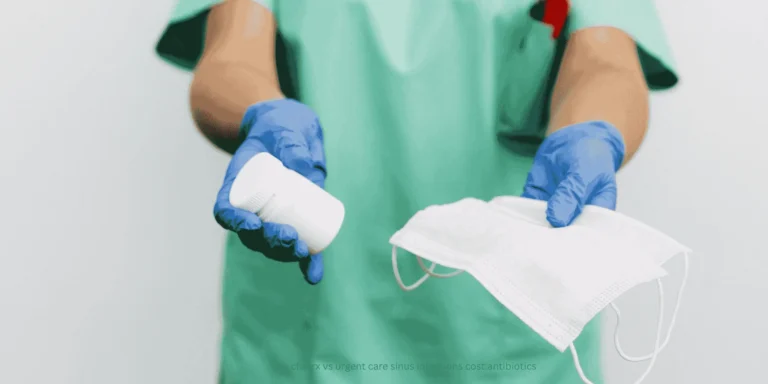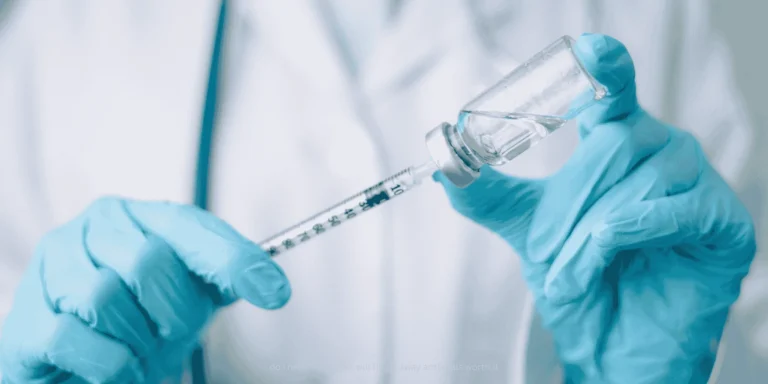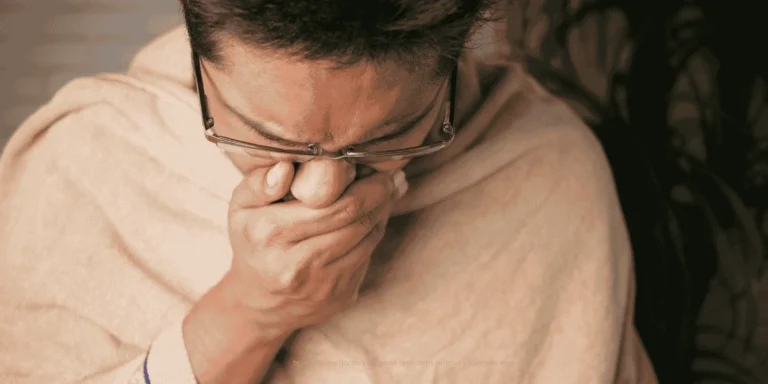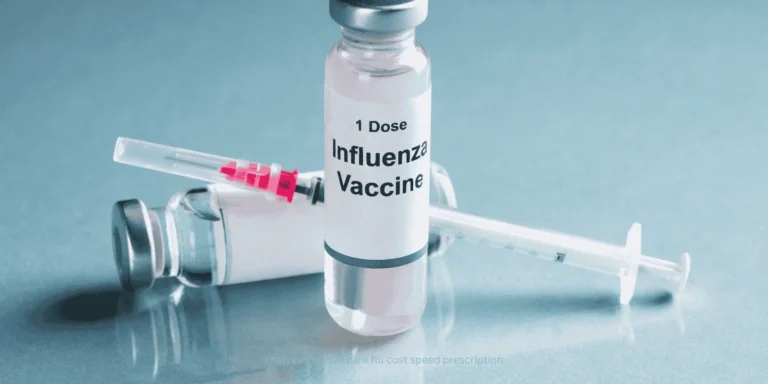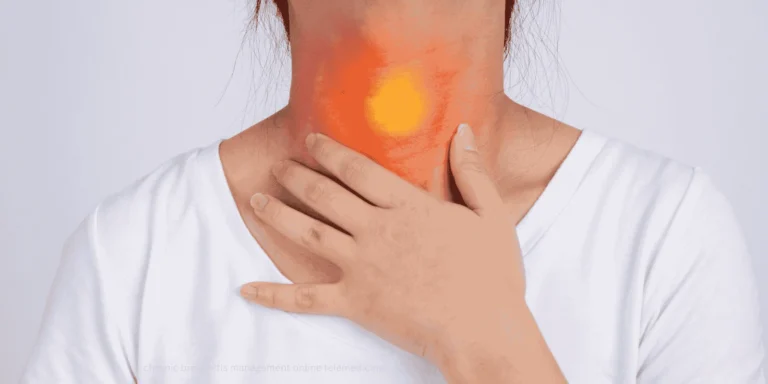Distinguishing between flu, COVID-19, and RSV can be challenging since these respiratory viruses share many symptoms, but key differences in onset, progression, and specific symptom patterns provide helpful clues.
Onset and timing patterns: COVID-19 often begins with loss of taste or smell, which rarely occurs with flu or RSV. Symptoms may develop gradually over several days.
Influenza typically starts suddenly with high fever, body aches, and fatigue that hit like a “wall” within 24-48 hours.
RSV usually begins gradually with cold-like symptoms including runny nose and low-grade fever, especially in adults.
Fever characteristics: Flu commonly causes high fever (101-104°F) that develops quickly and may last 3-4 days.
COVID-19 may cause fever, but it’s often lower grade and can fluctuate or appear later in the illness.
RSV typically causes mild fever in adults, though children may develop higher fevers.
Distinctive symptoms: COVID-19 unique features:
- Loss of taste or smell (most distinctive)
- Persistent dry cough
- Shortness of breath that may worsen over time
Flu hallmarks:
- Severe body aches and muscle pain
- Intense fatigue and weakness
- Dry cough with chest discomfort
RSV characteristics:
- Wheezing or whistling breathing sounds
- Runny nose with thick mucus
Symptom progression: COVID-19 symptoms can fluctuate, with some people feeling better then worse again. Shortness of breath may develop days after initial symptoms.
Flu symptoms peak within 2-3 days then gradually improve, though fatigue may persist for weeks.
RSV in adults usually remains mild throughout, resembling a cold more than flu.
Age-related patterns: RSV causes more severe symptoms in infants, elderly, and immunocompromised individuals.
Flu affects all ages but tends to be more severe in very young, elderly, and those with chronic conditions.
COVID-19 severity varies widely but higher risk increases with age and underlying health conditions.
Duration differences: Flu typically lasts 7-10 days with rapid improvement once fever breaks.
COVID-19 symptoms often persist longer, sometimes weeks, with fatigue being particularly prolonged.
RSV in adults usually resolves within 1-2 weeks.
When testing is recommended: Testing helps distinguish these infections since symptoms overlap significantly. Consider testing when:
- You have high-risk factors
- Symptoms include loss of taste/smell
- You need to know for isolation purposes
- Antiviral treatment might be beneficial
If you’re experiencing respiratory symptoms and need help determining the likely cause, ChatRx can evaluate your symptoms and recommend appropriate testing or treatment based on your specific situation.


